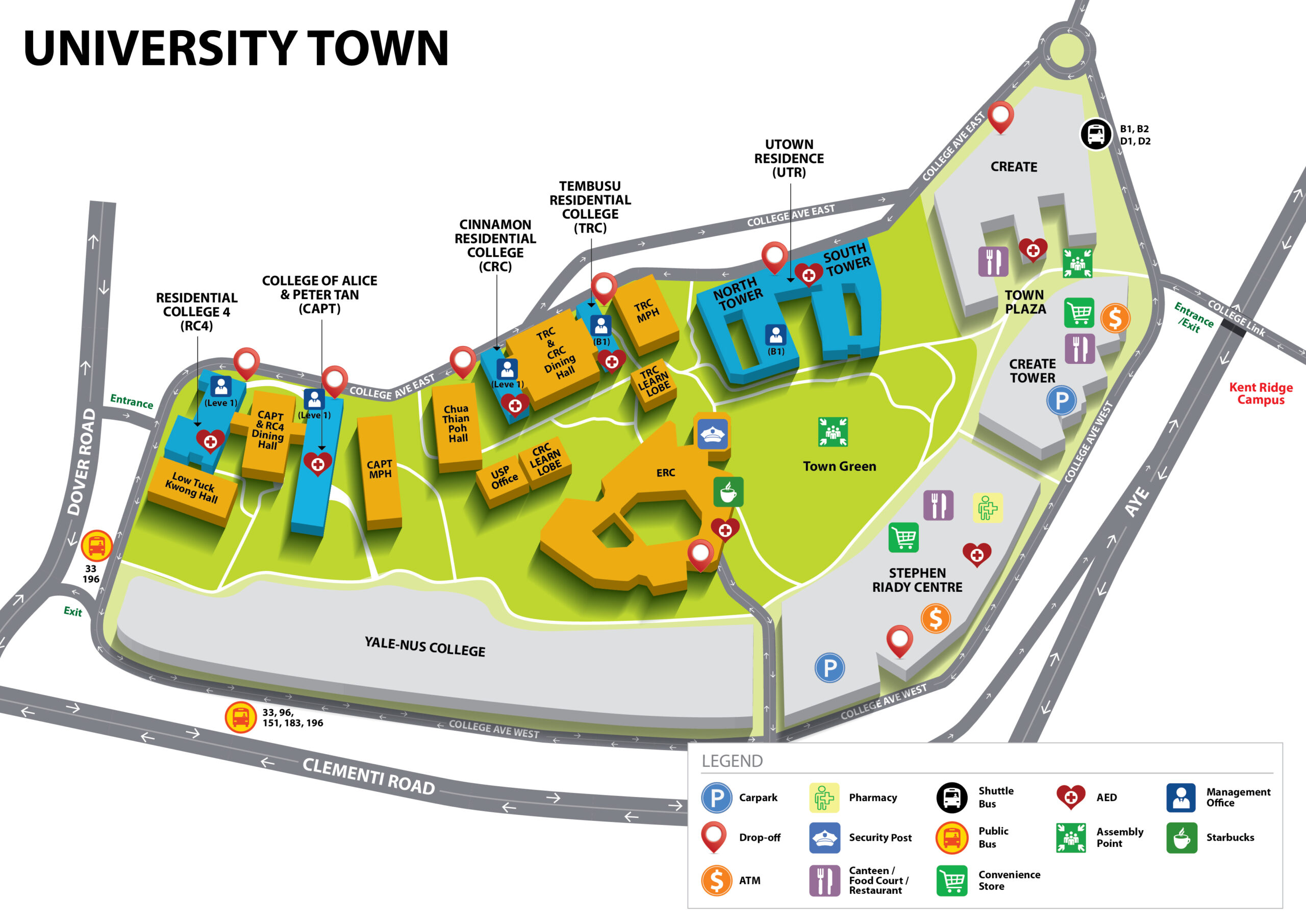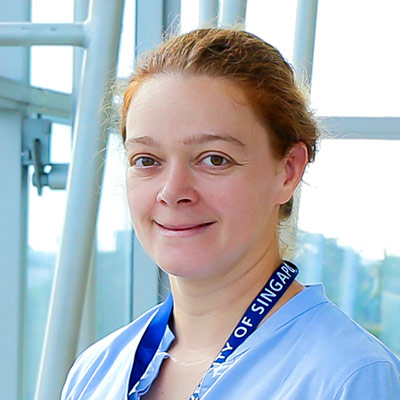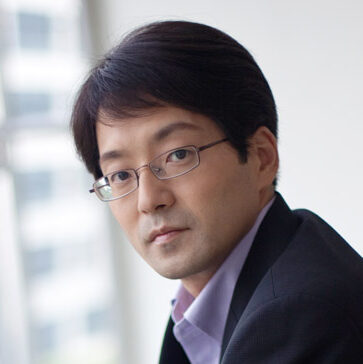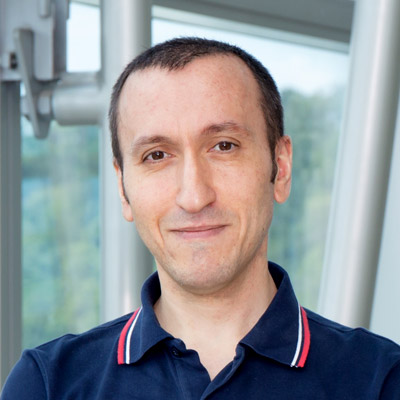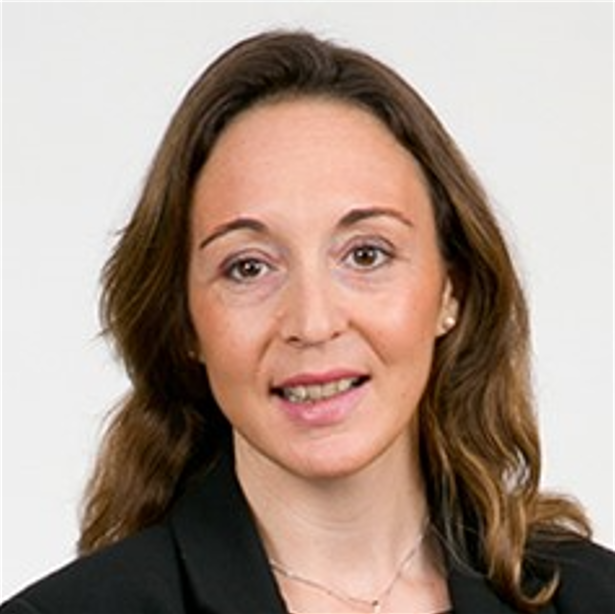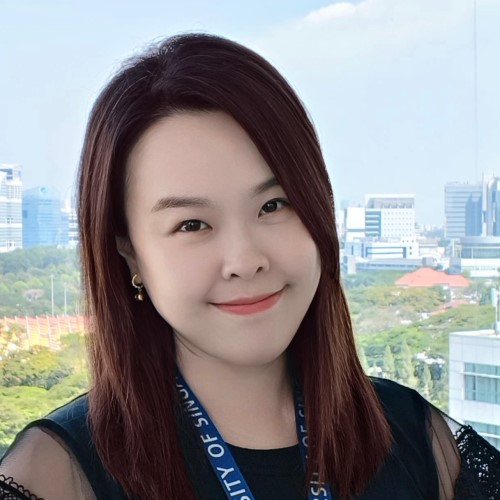BioSpace Conference 2025|NUS|Singapore
(note: Conference has been
postponed till further notice)
The BioSpace Conference brings together experts to explore the intersection between human physiology, biomedical technologies, and biological systems within the context of space exploration.
This multidisciplinary event focuses on the impact of space environments on biological processes and the development of advanced technologies to study these effects. Special attention is devoted on the implications of these effects for both space missions and terrestrial medical science.
Topics
Human Physiology in Space
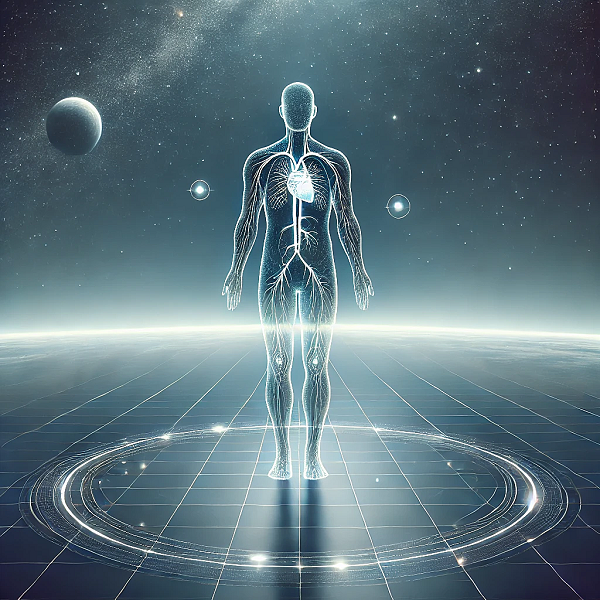
Investigating physiological changes at the organ level during space journeys, and their impact on astronaut health and the design of long-term space missions.
Space-Adapted Biological and Biomedical Technologies
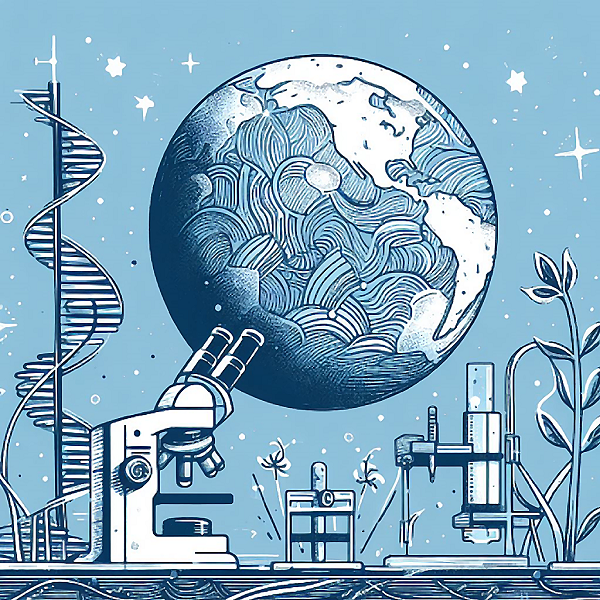
Innovative tools and techniques developed to address the unique challenges of conducting research in space.
BioSpace in a Dish
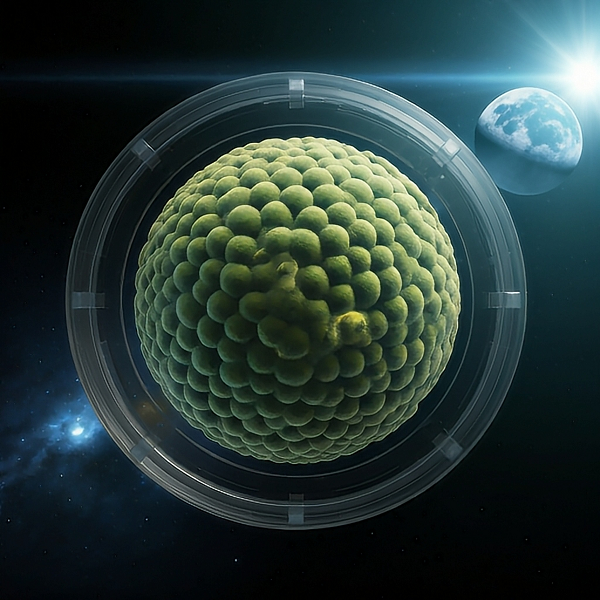
Cells, organoids, and organ-on-chip models designed to simulate human biological systems in space environments, enhancing both space exploration and medical research. This includes a detailed examination of cellular and molecular responses to space conditions. A dedicated session will be also devoted to non human/non mammalian studies e.g., plants, microbiology.
Regulations and Standards
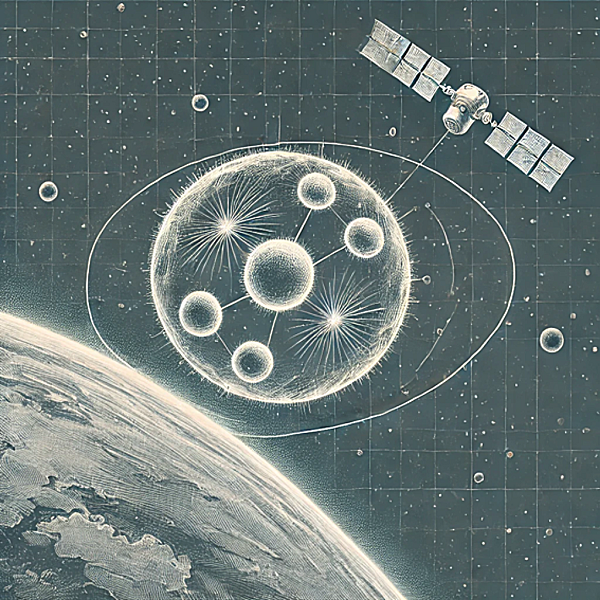
Ensuring that space research adheres to ethical standards and regulatory guidelines to promote responsible and compliant scientific practices.
Registration
Open to researchers, academics, students and industrial professionals interested in the interdisciplinary field of BioSpace.
Registration Fees (SGD)
| Category | Early Bird | Regular | On-site |
| Students | $250 | $400 | $500 |
| Academia | $350 | $500 | $600 |
| Industry | N/A | $6oo | $700 |
Sponsorship
BioSpace Conference offers prime opportunities for sponsors and exhibitors through its various sponsorship packages.
For more details, contact mbi.spacebiology@gmail.com
Programme
Preliminary Programme
Day 1
Afternoon (Booth Setup)
- Welcome Speech
- Keynote Speaker
- Conference Dinner
Day 2
Morning Session: Human Physiology in Space
- Focus on research regarding in vivo physiological processes affected by space conditions such as microgravity and radiation. Topics will include but not limited to Muscle and bone loss, Cardiovascular changes, Immune system adaptations
Lunch / Poster Session 1: Human Physiology and Related Technologies
Afternoon Session: Technologies for Space Biological and Biomedical Research
- Exploring tools and technologies specifically designed for conducting biological and biomedical research in space. Including but not limited to: ISS biolabs, Automated cartridges and services, Bioreactors developed for space environments (provided by space agencies and/or private companies)
Day 3
Morning Session: In Vitro Biology in Space (Part 1, Human and Mammalian Cells)
- Focus on biological research using biomimetic systems such as cells, organoids, and organ-on-chip platforms. Presentations will showcase results that explain and decipher the effects of space on biological and cellular levels.
Lunch / Poster Session 2: In Vitro Studies and Related Technologies
Afternoon Session: Regulation, Standards and Ethical Considerations
- Covering the regulatory frameworks, standards, and ethical issues relevant to conducting biological and biomedical research in space, ensuring compliance, safety, and scientific integrity.
Final Session: In Vitro Biology in Space (Part 2, Non-Mammalian Systems)
- Continuing the exploration of biological research in space, this session will focus on non-mammalian systems, including but not limited to plants cells and seeds and microbiology.
Speakers
Local and International speakers will be sharing their research breakthroughs and discoveries in BioSpace
Organizing
Committee
Supported By:

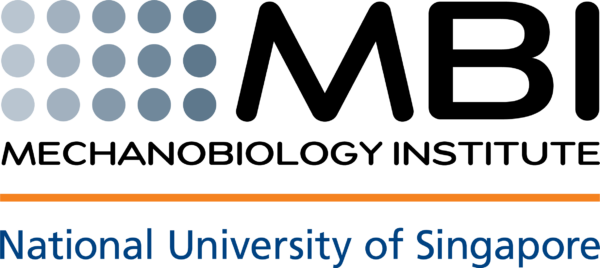
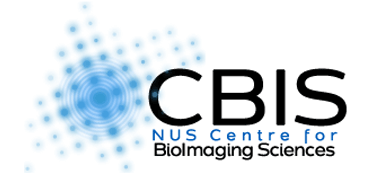

Contact: mbi.spacebiology@gmail.com
